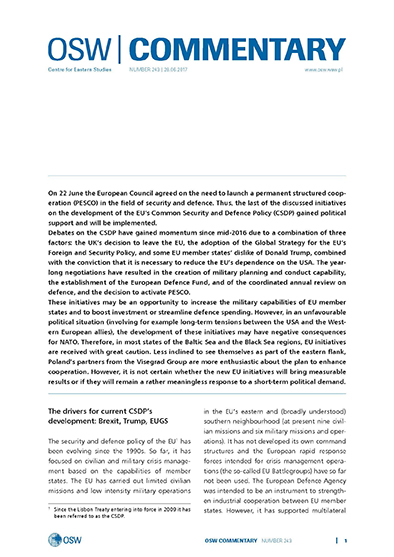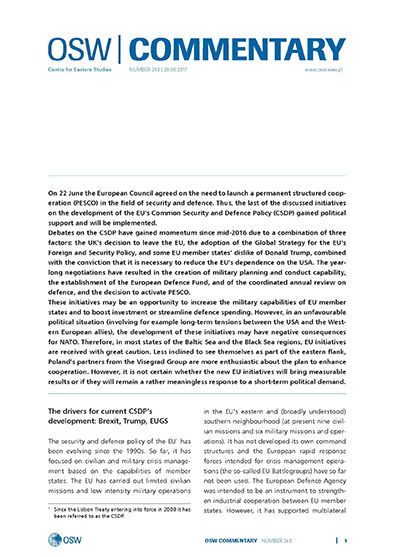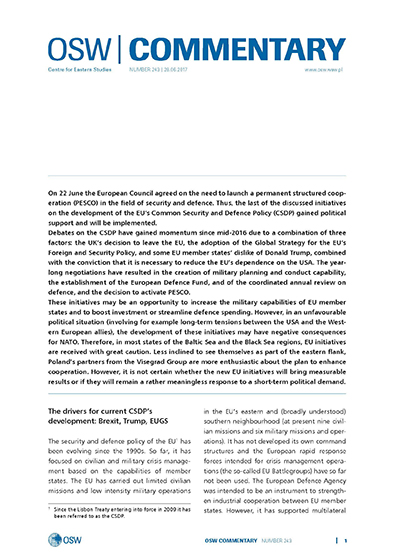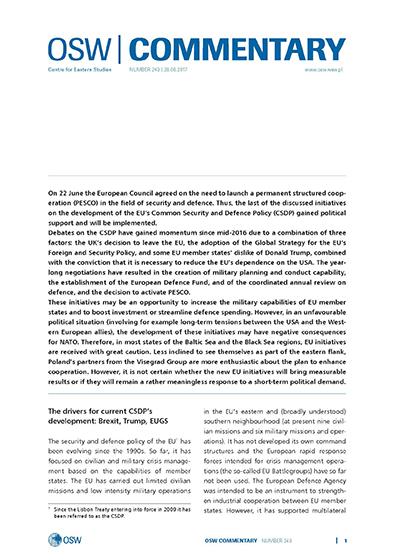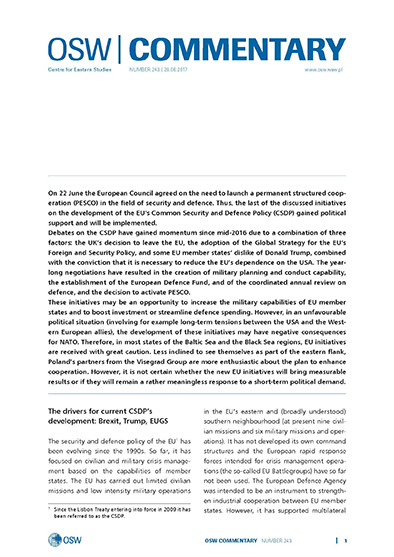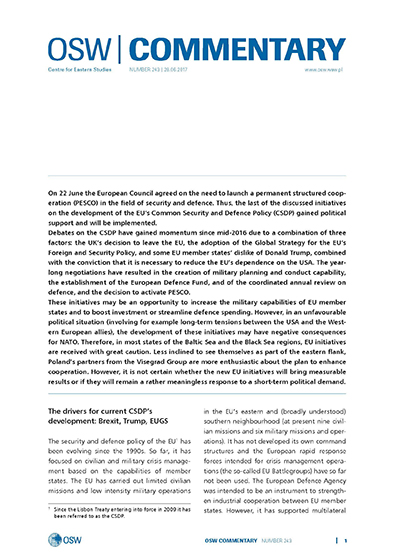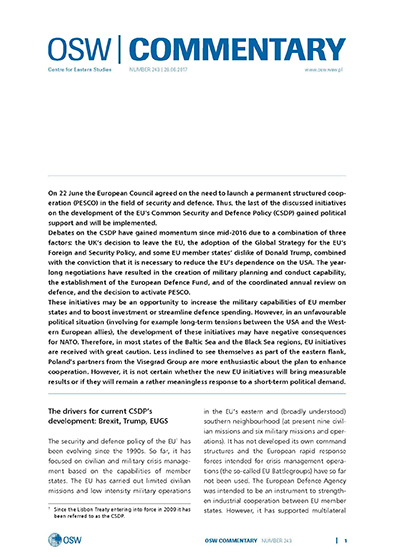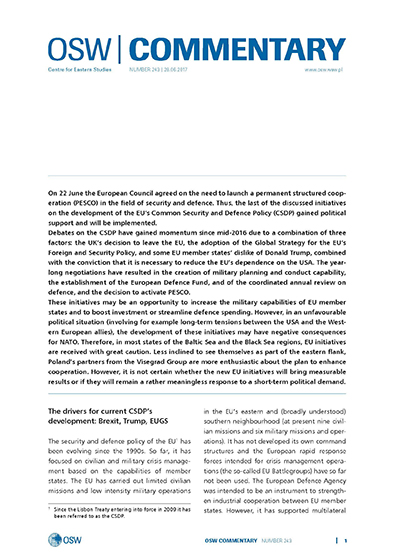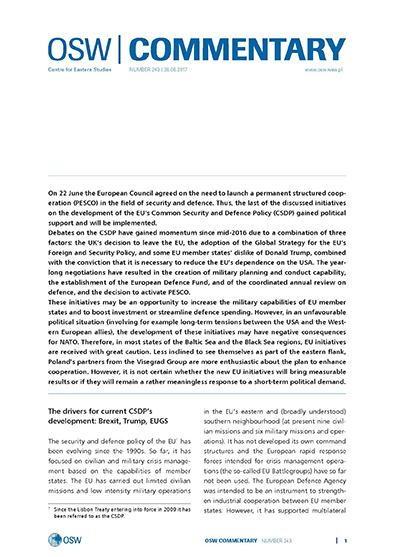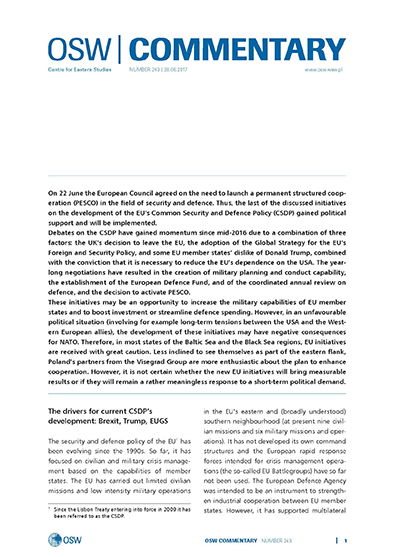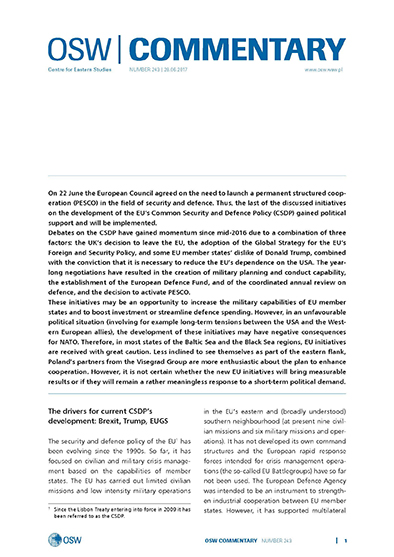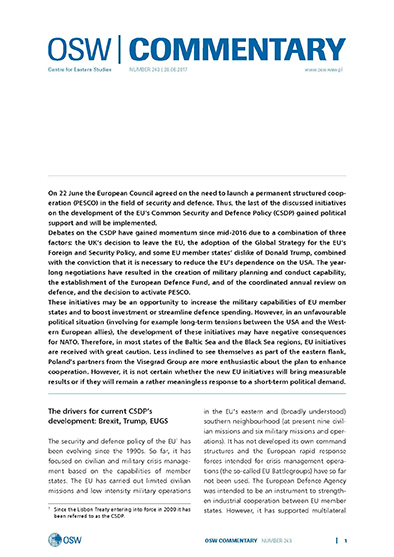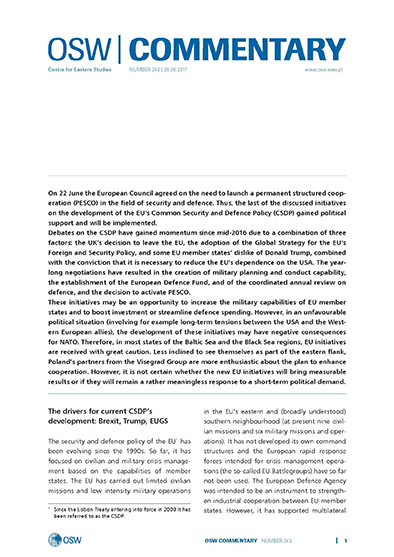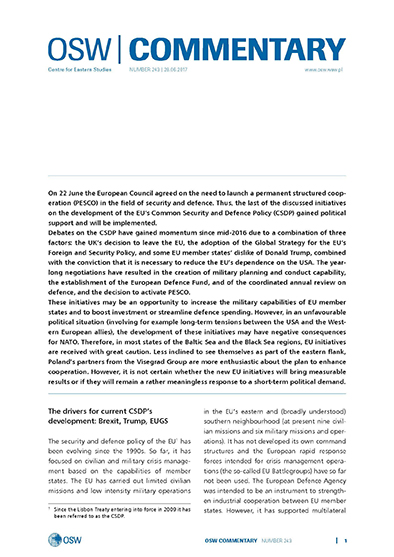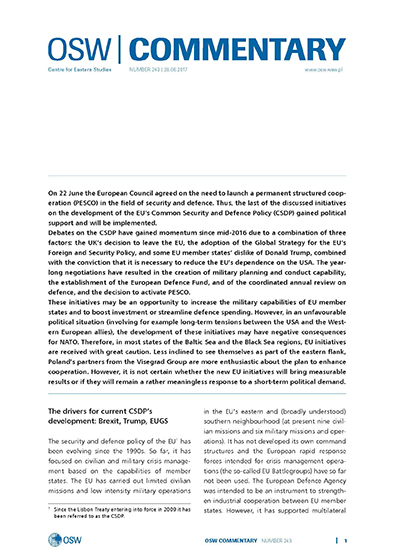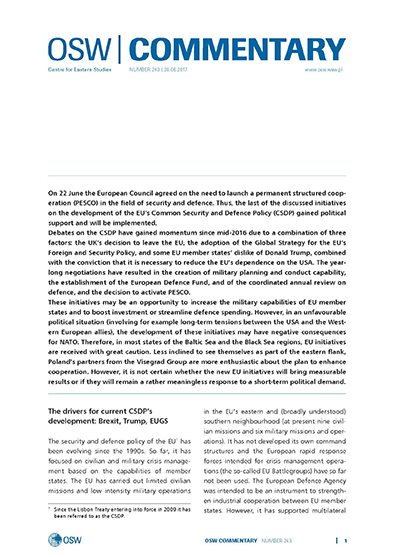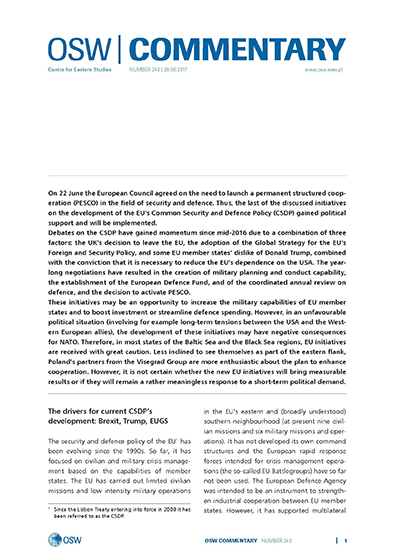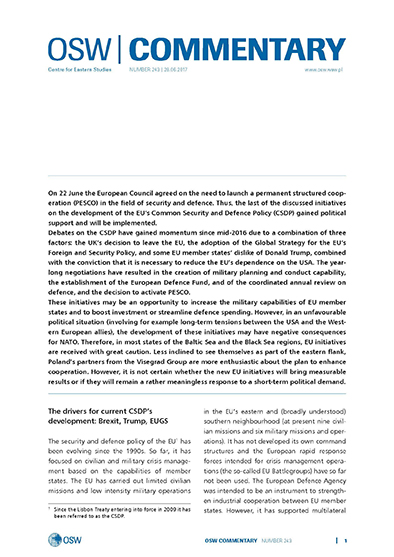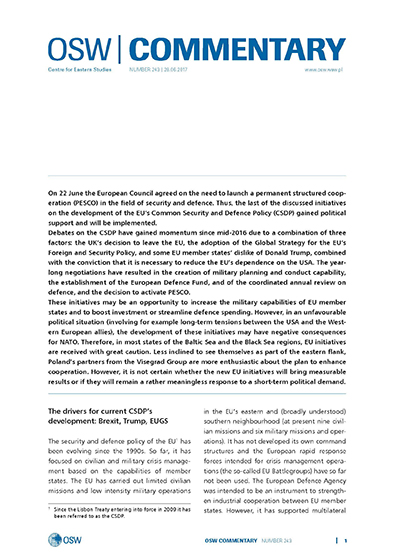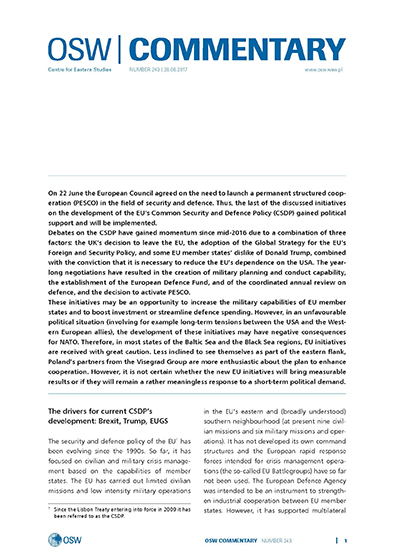
Russia's development assistance
Russia's development assistance
Keywords: Russia; development
In its attempts to catch up with the global trend, Russia began granting development assistance in 2004. From the onset of Russia’s commitment, the aid delivered has increased fivefold and reached approximately US$ 500 million in 2010. Russian aid, albeit distributed nearly exclusively via international organisations, has been granted above all to members of the Commonwealth of Independent States (CIS). In recent months work on the establishment of the Russian development assistance system has been accelerated (a national strategy is being prepared and a specialised agency is to be established). This move proves that the Kremlin attaches weight to activity in this area which is an element of soft power politics, the foundations of which Moscow is currently attempting to lay.
More...
